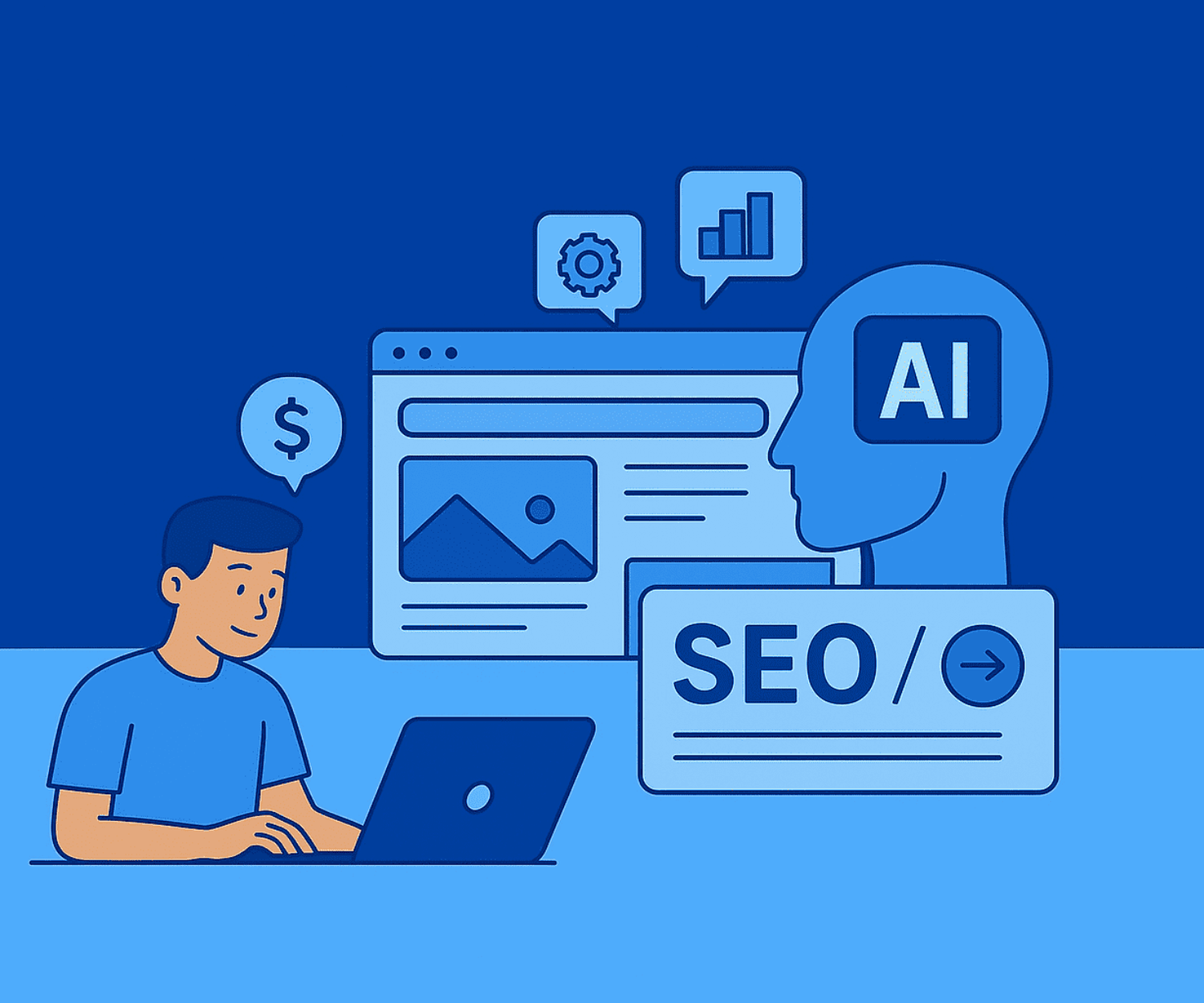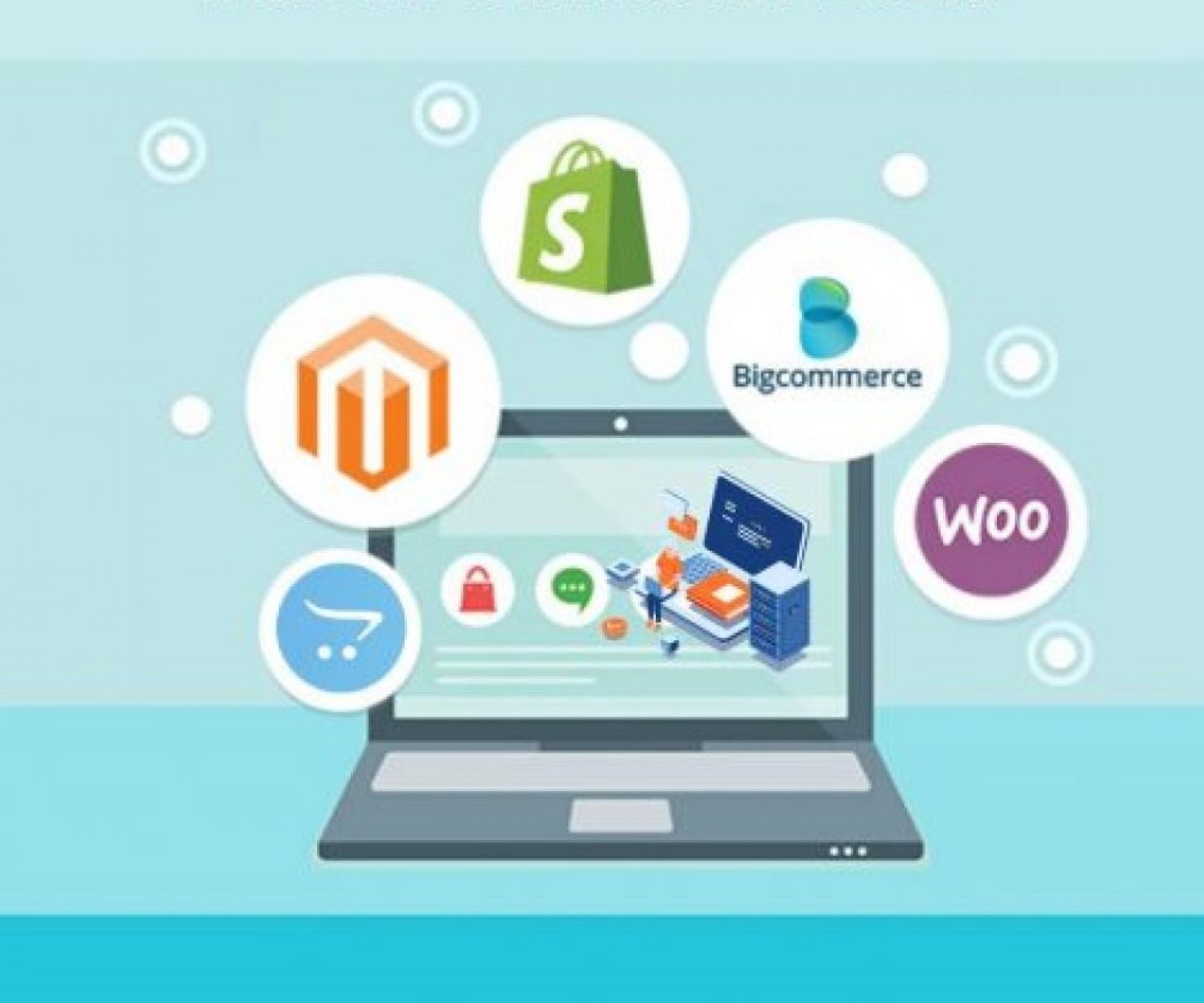All Articles
How Generative AI Will Transform Web Development & Digital Marketing in 2026
In 2026, the Digital Landscape Is Being Fundamentally Reshaped by Generative Artificial Intelligence (AI). For Businesses and Startups Seeking Growth…
5 Most Popular eCommerce Platforms for 2025
Are You Looking for the Best eCommerce Web Development Platform to Bring Your Business Online in 2025? Finding the Right…
Ready to Get Started?
Join Over 700+ Satisfied Clients Who Trust DIGIDOERS With Their Digital Transformation.

